Cat Aging: How You Can Provide Loving Care for Your Senior Cat
CATS
19 Jun, 2020
READ 8 minutes
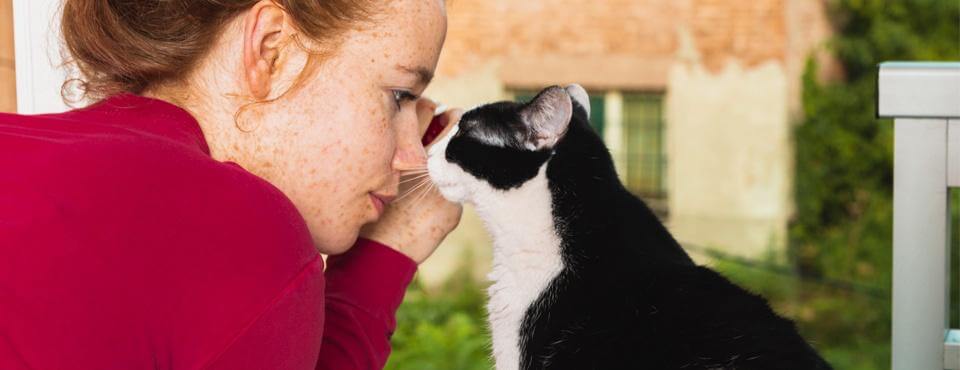
Just as humans are living longer, with improved medical care and better diets, cat aging has also improved, thanks to advanced nutrition and veterinary care. While a cat is considered “senior” sometime between the ages of seven and ten, many indoor housecats are living into their twenties.
How cats age is similar to humans in that every cat experiences aging differently. Some cats seem lethargic and elderly at the age of seven, while an eleven-year-old can be as frisky as a kitten. But aging is a natural process, and while many conditions cannot be corrected, they can be controlled.
The key to ensuring your senior cat has the healthiest and highest quality of life possible is to recognize and reduce factors that may be health risks, detect disease as early as possible, improve or maintain the health of the body’s systems, and make sure your cat is seen by your veterinarian regularly.
It is always a good idea to know the signs of aging in cats.
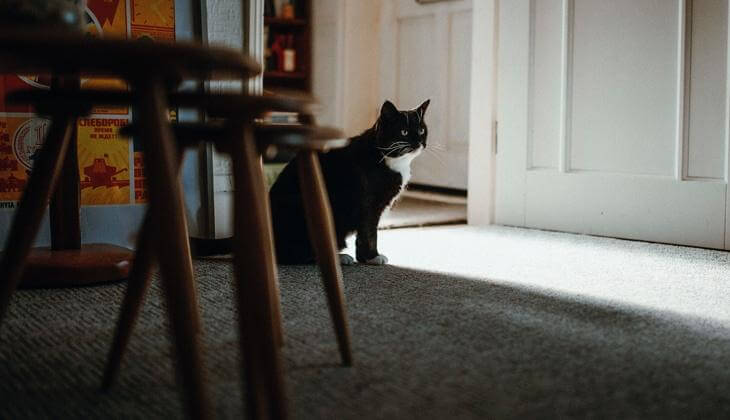
WHAT ARE SIGNS OF AGING IN MY CAT?
Because every cat is unique, not all cats will exhibit the same behaviours, however there are a few specific traits you might notice in an older cat. These include:
- Meowing more frequently.
- Avoiding a favourite resting place – and hiding instead.
- Missing the litter box, or not using it at all.
- Doesn’t come when called.
- Changes in sleeping or eating patterns.
It is important to remember not to just attribute behavioural changes to aging. Any change in behaviour or health, regardless of age, warrants a visit to your vet to rule out and/or diagnose disease.
WHAT HAPPENS AS MY CAT AGES?
As your feline companion ages, body performance decreases and the immune system becomes less able to fend off foreign invaders. The following are some other ailments your older cat may experience:
- Dehydration – This can occur as the result of many different diseases and it further diminishes blood circulation as well as immunity. It can also be a sign that something more significant is going on with your cat.
- Skin Thinning – It’s common for this to happen in older cats and can result in reduced blood circulation and make the cat’s skin more prone to infection.
- Less effective grooming – Due to arthritis or dental issues, your cat may not be able to maintain that fur the way he or she once did. This can result in matting, odour and inflammation of the skin.
- Weakening of the claws – Another common occurrence in aging cats, the claws can also become quite brittle if not properly maintained.
- Brain changes – In humans, changes in the brain associated with aging are known as “senility,” and cats can experience similar issues. In your kitty, this might look like excessive meowing, wandering aimlessly, disorientation and/ or avoidance of social interaction.
- Hearing loss – For various reasons, this is common in aging cats.
- Changes in eyes – Older cats tend to form a haze in the lens of their eyes that doesn’t always affect eyesight.
- Dental disease – This is common in aging cats and can be quite painful. It can hinder eating as well as grooming behaviour.
- Kidney issues – Diseases in the kidneys are common in cats and present themselves with various symptoms.
- Degenerative ailments – Issues such as joint disease and arthritis can be common but are often difficult to assess. However, they may result in your cat having difficulty accessing litterboxes, food bowls or favourite resting spots, as well as playing less or tiring faster.
- Hypertension, Diabetes, Over-active thyroid – Cats can often develop these life-threatening diseases.
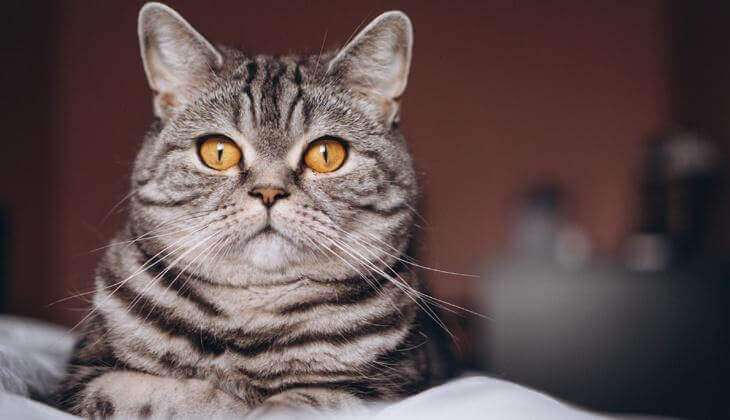
HOW CAN I HELP MY AGING CAT THRIVE?
There are three key factors in elderly cat care. These include:
- Nutrition
- Exercise
- A sense of security
Providing these fundamentals for your feline friend can have a great impact on a fulfilling life for him or her well into old age.
WHAT IS THE RIGHT KIND OF FOOD FOR MY AGING CAT?
When it comes to elderly cat care, it’s a good idea to ask your veterinarian for recommendations as to what food is best. Generally, a diet that is gentle on the organs and promotes metabolism is preferred. Cats between the ages of seven and twelve often gain weight so diet is especially important to prevent obesity, which can result in diabetes as well as predispose to joint disease. After the age of twelve, some cats lose weight, which is another issue that should be evaluated by your veterinarian.
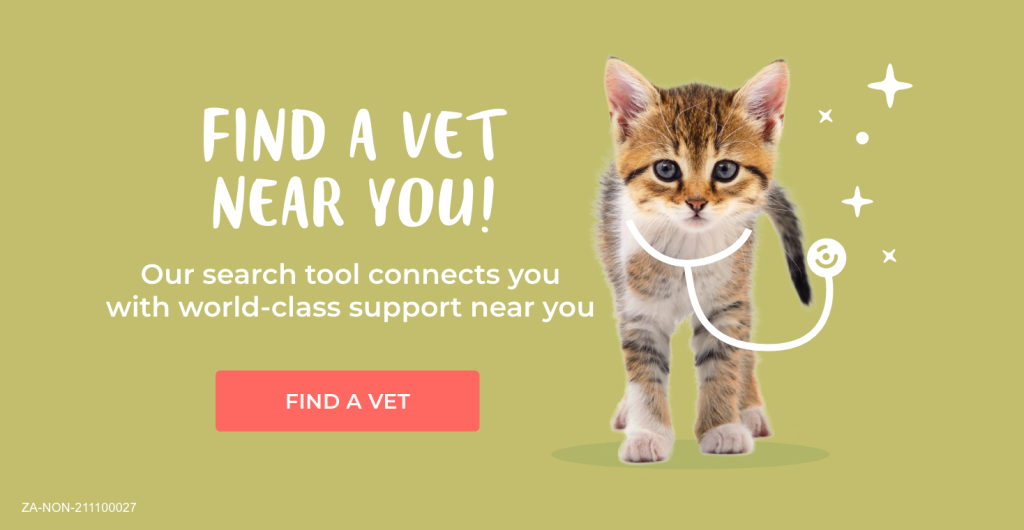
HOW ABOUT EXERCISE?
Exercise for your cat is always beneficial, but for your aging cat, it can be like “The Fountain of Youth!” Exercise strengthens muscles, protects the joints, gets the circulation going, promotes metabolism and keeps your feline’s physique fit. If your cat has already started to become sluggish, get him or her going with various food games. You can distribute treats in the room so your cat has to take a few steps and engage smell senses for each bite. You can put dry food in a food ball or similar toy, which does not release the food until the cat plays with it. Interactive games, like cat charmers or lights on the wall can also get your cat going without the need for food reward. Complete lack of movement, movement disorders, or restrictions are usually not a sign of older cat behaviour, but an indication of disease.
THAT EXTRA TLC
As your cat gets older, he or she has a greater need for security, so a little more tender loving care will go a long way. Your senior cat will more likely seek out the closeness of familiar people and will enjoy being caressed extensively. Your cat will really want to rest in a warm place so consider moving his or her bed or favourite blanket to a cozy warm spot in your home and away from any draft (think warm, not hot!).
At a certain age, your elderly feline may find it hard to take care of his or her body and groom the way they once did. You can help your cat feel comfortable in his or her own skin again with a gentle brush massage, which will also help bring back some of the fur’s luster.
Taking measures to ensure your cat is safe and comfortable in your home as he or she ages will also go a long way toward manifesting their wellbeing. As it becomes harder for your kitty to move around, using lower litter boxes and making sure food bowls are easily accessible will make life a lot easier. Also, you might consider finding ways to help him or her up onto a favourite chair or the sofa if it becomes too difficult.
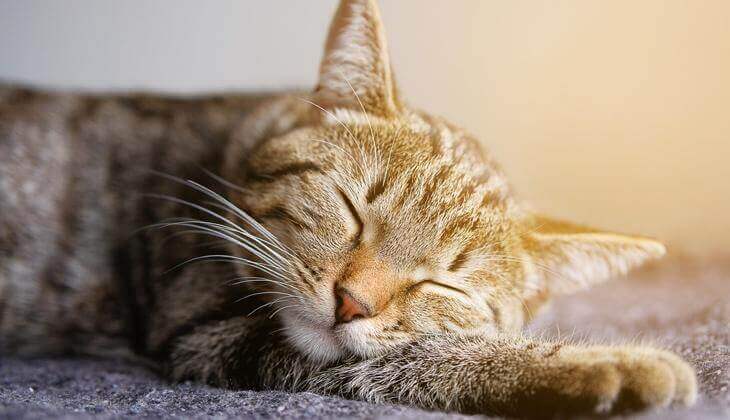
IS MY CAT SICK OR IS IT JUST OLD AGE?
It is natural for cats to become calmer and sleep more as they age. Many changes in your cat’s behaviour, however, could be indicative of illness and should not be ignored. Diseases associated with old age are sometimes inconspicuous and symptoms emerge so gradually that pet owners often miss the warning signs. It is important not to assume any changes are just an inevitable part of aging. As your cat grows older, it becomes even more important to have him or her checked regularly by your veterinarian to continue to ensure your feline friend lives a long, healthy life.

RELATED POSTS
-
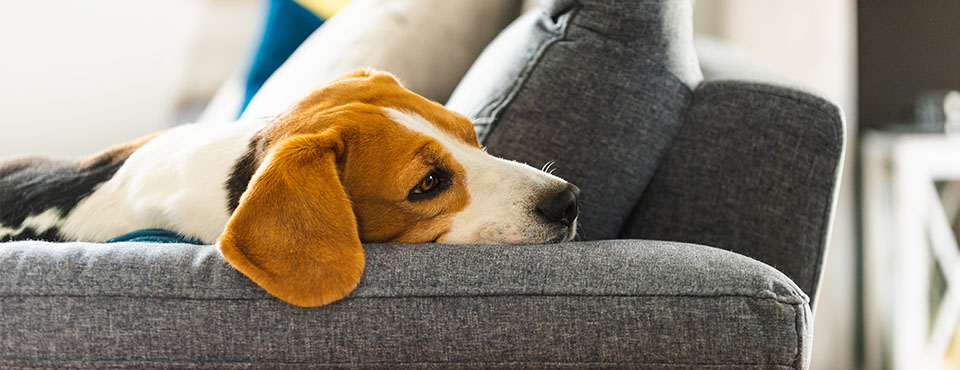
Learn about canine babesiosis, a tick-borne disease that affects dogs worldwide. Discover its symptoms, treatments, and how to prevent it.
-
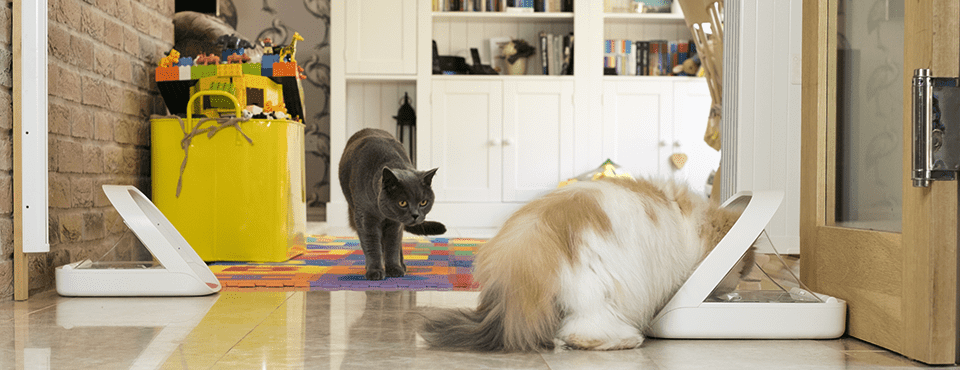
Explore how diabetes impacts cats, its signs, risk factors, and effective management through medication and diet for a healthier feline life.
-
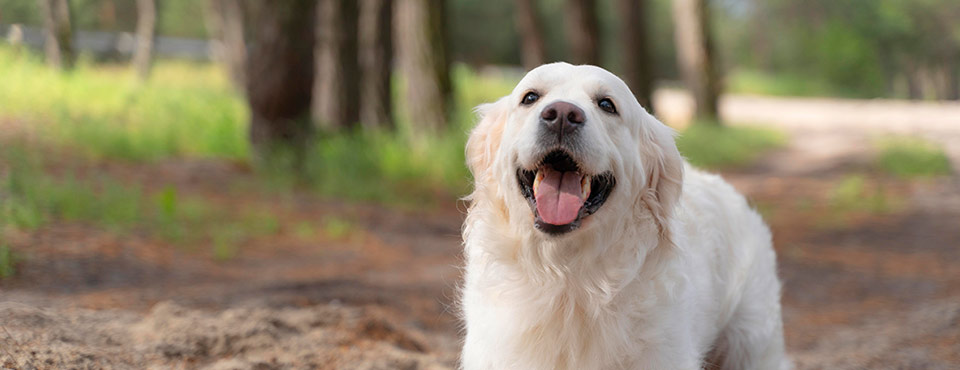
Diabetes affects an estimated 1 in 300 dogs, diabetes is more common in middle-aged and older dogs (4-14 years of age), it can be diagnosed in dogs of any age, including young dogs. Read more.
-
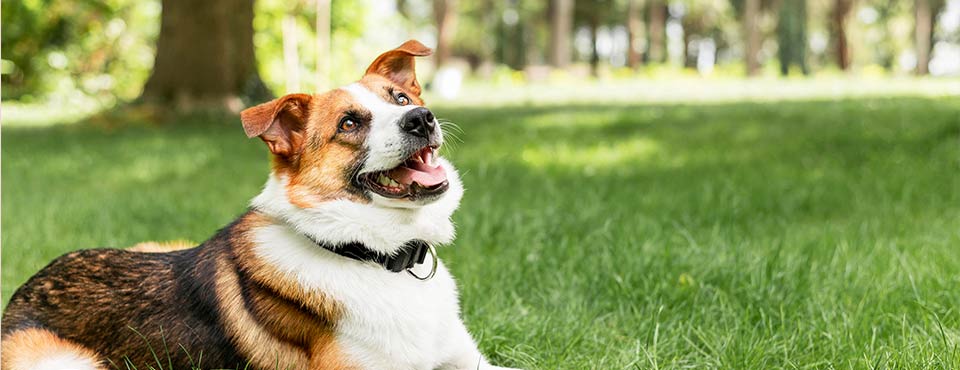
Ever wonder how your dog experiences the world? Why he or she sniffs everything, everywhere? Read more and find out








